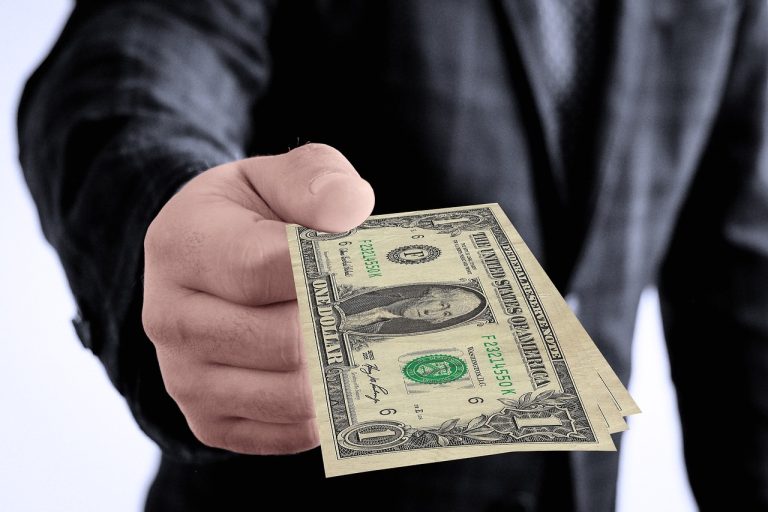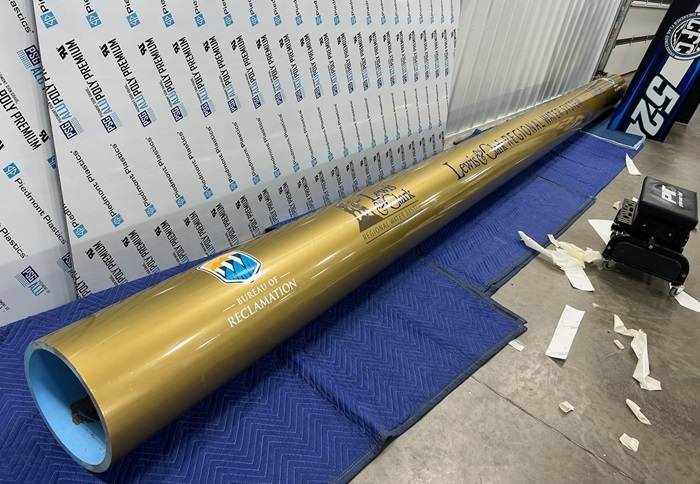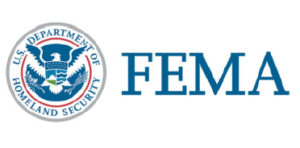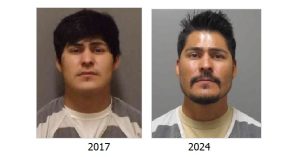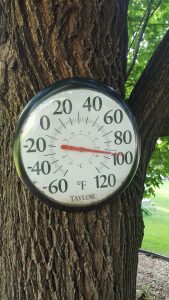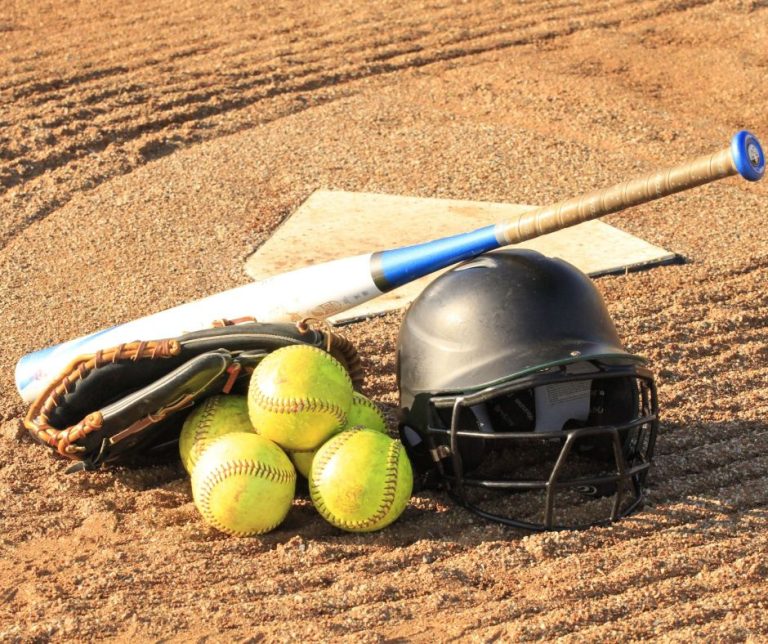Northwest Iowa — More people will be eligible for help with their home heating bills this fall. Plus, state officials have announced low-income Iowa households may be eligible for a NEW program giving them up to two-thousand dollars to help pay overdue utility bills.
Under this new program, Iowans who’ve had a pay cut or lost their job due to COVID are eligible. The money will go directly to their utility company to pay off electric, natural gas, or water bills. By August, Iowa households had racked up nearly 30 million dollars worth of unpaid electric and gas bills. Christine Taylor is the state director of the Low Income Home Energy Assistance Program.
(as aid) “We’ve seen a lot more households that have never needed assistance before,” she says.
Nearly 185-thousand residential electric and gas customers in Iowa have past due bills. More than 60 percent of them are eligible for federal grants from LIHEAP — the long-standing program Taylor manages. Her agency will also refer clients to apply for these NEW state grants as well. Taylor says low-income Iowans tend to live in older homes that aren’t energy efficient.
(as said) “Consequently, their bills are much higher than someone who lives in an energy-efficient home,” Taylor says, “so more of their income is being spent on their utility bills than it would be for someone else.”
Applications may be submitted NOW to the Iowa Economic Development Authority for the NEW two-thousand dollar grants to cover overdue water, heat, and electric bills. The application period for the annual Low Income Home Energy Assistance or LIHEAP program has already started for disabled residents or Iowans over the age of 60. Others may start applying November 1st.
Taylor and Iowa-based staff can negotiate a repayment plan for overdue bills in addition to the federal grant money that’s available.
(as said) “If someone applies and is qualified for LIHEAP, then they do receive moratorium protection, which means that their utilities cannot be shut off for any reason from November 1 through April 1,” she says. “Their bills continue to accrue, so we encourage everyone to continue paying whatever they can on their bill, but at least they have the security of knowing that they won’t be shut off. They will continue to have heat in the winter.”
The new STATE grants of up to two-thousand dollars cover overdue WATER bills as well as unpaid heat and electric bills.



